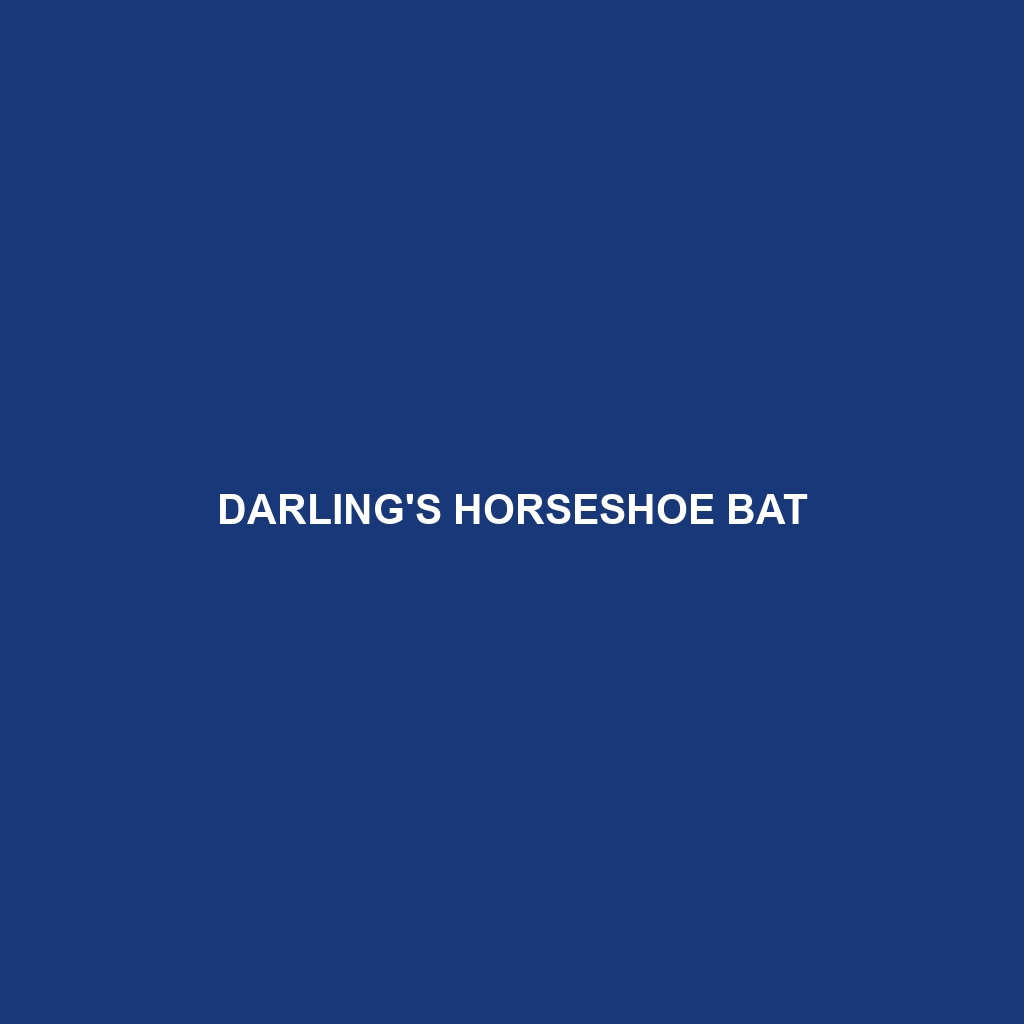<p>The <b>Meroles squamulosus</b>, commonly known as the <b>Scaly Ground Lizard</b>, is a diurnal species native to the semi-arid regions of southern Africa, featuring an elongated body that reaches lengths of 15 to 20 centimeters and a variable coloration of earthy tones. This insectivorous lizard plays a crucial role in its ecosystem by controlling insect populations and serving as prey for larger animals.</p>
Tag: Botswana
Leptotyphlops macrops
Discover the fascinating Western Blind Snake (Leptotyphlops macrops), a slender, nocturnal insectivore that thrives in arid habitats across Namibia, Botswana, and South Africa, showcasing unique adaptations and a vital ecological role by regulating insect populations. With smooth scales and relatively large eyes, this secretive species is primarily found burrowing in dry grasslands and savannas.
Causus rhombeatus
The Causus rhombeatus, or Rhombic Night Adder, is a medium-sized, nocturnal snake native to sub-Saharan Africa, known for its distinctive rhombus-shaped markings and docile nature. Primarily an ambush predator, it feeds on small mammals and lizards, playing a crucial role in its ecosystem.
Bohor Reedbuck
Explore the fascinating world of the Southern Reedbuck, a graceful antelope native to the wetlands of southern Africa. Discover their unique habitat, physical characteristics, elusive behavior, and essential role in maintaining the ecosystem. Learn about their diet, reproduction, and the conservation efforts in place to protect this intriguing species.
Puku
Discover the fascinating world of the Southern Lechwe, a unique antelope thriving in the wetlands of Southern Africa. With their striking reddish-brown coats, elongated legs, and remarkable swimming abilities, these social grazers play a crucial role in their ecosystem. Learn about their habitat, diet, and conservation status in our latest blog post.
Southern Lechwe
Discover the fascinating world of the Waterbuck, a striking antelope native to Sub-Saharan Africa. With its unique dark brown coat, iconic white rear ring, and remarkable swimming abilities, the Waterbuck thrives in wetlands and savannas, playing a vital role in its ecosystem as both a grazer and prey. Learn about its social behavior, diet, and conservation status in this comprehensive species overview.
Royal Antelope
Discover the remarkable Gemsbok, an iconic antelope species native to the arid landscapes of southern Africa. Known for its stunning physical adaptations, including striking black and white markings and impressive straight horns, the Gemsbok thrives in harsh environments where it can survive long periods without water. Explore their unique behaviors, dietary habits, and essential role in maintaining ecological balance in their habitats, while also learning about ongoing conservation efforts to protect this fascinating species.
Sharpe’s Grysbok
Explore the fascinating world of the **Steenbok**, a small yet agile antelope native to southern Africa. With its distinctive reddish-brown coat and remarkable ability to blend into its bushy savanna habitat, this solitary species plays a crucial role in maintaining ecosystem balance. Discover their unique behaviors, diet, and reproductive habits, along with important conservation insights, in this comprehensive overview on the resilience and charm of the Steenbok.
Meller’s Mongoose
Explore the fascinating world of the **White-tailed Mongoose** (<i>Ichneumia albicauda</i>), a nocturnal predator native to sub-Saharan Africa's diverse habitats. Known for their slender bodies, long bushy tails, and social behavior, these agile mammals play a crucial role in their ecosystems by controlling small animal populations. Learn about their unique adaptations, diet, and the conservation efforts needed to protect this remarkable species from habitat loss.
Darling’s Horseshoe Bat
Explore the fascinating world of the Damara Horseshoe Bat (<i>Rhinolophus damarensis</i>), a nocturnal insectivore native to southern Africa. With its distinctive horseshoe-shaped nose and social roosting behaviors, this Near Threatened species plays a vital role in controlling insect populations and maintaining ecological balance. Learn about its habitat, physical characteristics, and the conservation efforts needed to protect this unique bat.









